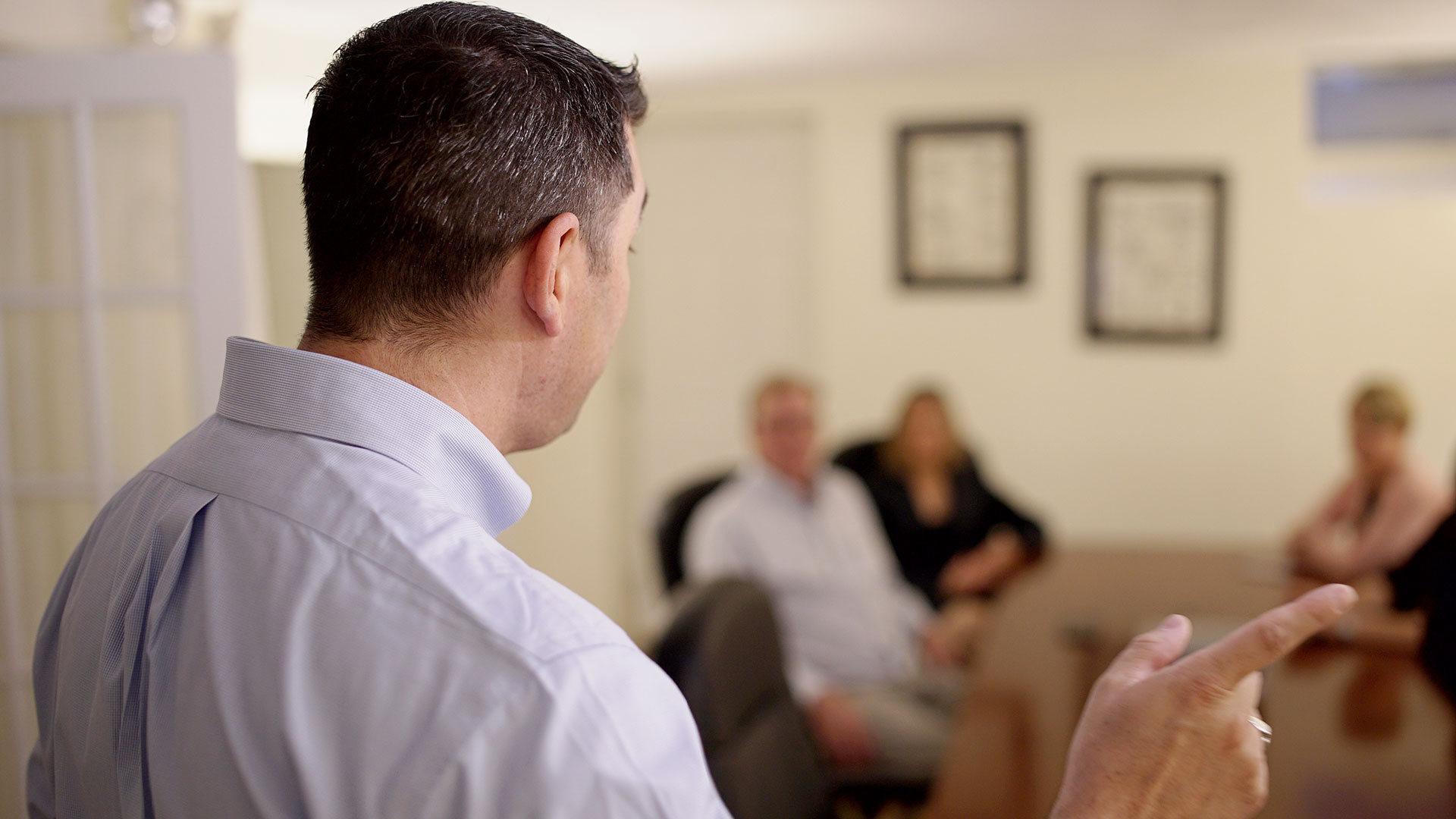Thinking on your feet, also known as being quick-witted or spontaneous, is important in many situations, such as public speaking, negotiations, impromptu speeches, or spontaneous debates. Here are some tips to help you develop your ability to think on your feet:
- Be Prepared: Preparation is vital to success. The more you know about a topic, the more equipped you are to handle unexpected questions or challenges. Read up on current events and familiarize yourself with key facts and figures related to your area of expertise. Be open to learning, unlearning, and relearning.
- Practice Active Listening: Pay close attention to what others are saying, and respond thoughtfully and deliberately. Listen to understand, not to give a response or argue. Avoid interrupting others, and try to understand their point of view before responding.
- Stay Calm: When under pressure, it can be easy to become disoriented, flustered, or intimidated. However, the ability to remain calm and focused is imperative to being able to think on your feet. Take a deep breath and remind yourself that you are well prepared.
- Be Confident: Confidence is a critical component of thinking on your feet. Believe in yourself and your ability to handle whatever comes your way. Try to project a sense of self-assurance, even if you are feeling nervous.
- Use Humor: Humor is a powerful tool for disarming tense situations and keeping the conversation light. Use humor to answer difficult questions, diffuse escalations or complex situations, and keep the audience engaged and focused.
- Stay Flexible: Be prepared to pivot and change direction when necessary. Be open to new ideas and perspectives, and be willing to adjust your approach if the situation warrants it.
- Stay Focused: Avoid diverting or bogged down on irrelevant details. Stay focused on the main topic and avoid getting sidetracked by tangential issues.
- Keep it Simple: When thinking on your feet, it’s essential to keep your responses clear, concise, and easy to understand. Avoid using jargon or complex language, and try to make your points in a way that is easy for others to comprehend.
In conclusion, thinking on your feet requires a combination of preparation, active listening, confidence, humor, flexibility, focus, and simplicity. With practice and persistence, you can develop these skills and become a confident, quick-witted communicator.





